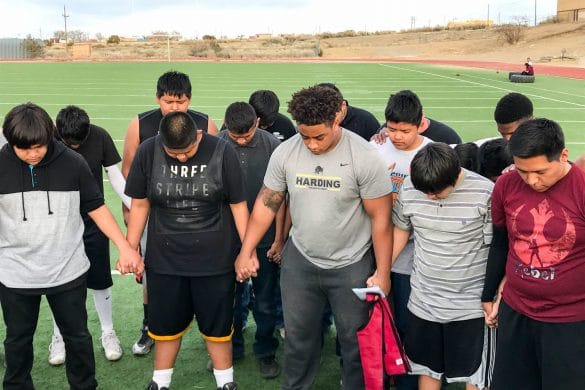Academic Advising is coming up, and to get the most out of your session, it’s important to do some planning on your own before you ever walk in that office door.
We’ve all experienced the frustration of trying to meet with your advisor at your scheduled appointment and being forced to wait an additional 30 minutes because whoever was scheduled before you did not have their act together.
So here are a few simple tips to avoid wasting everyone’s time, as well as making the most out of the opportunity to meet with your advisor.
- Print out the Liberal Arts degree requirements, as well as your own degree requirements from Pipeline. Taking the time to print these and highlighting which classes you have already taken will enable you to arrange your schedule with ease.
- Block out your semesters. Meaning, if you have three semesters left, make three “blocks” and make sure the remainder of the classes you need to take will fit into just those semesters. This will act as a guide to ensure you graduate when you intend to and help to avoid staying another entire semester for one or two classes you did not properly plan for.
- Look up the classes you think you want to take next semester in the Course search feature on Pipeline and write down the times they are offered. With a rough draft of your schedule, you can work out the details with your advisor instead of spending the entire time working on something you could have easily done yourself.
- If you have 60+ hours, you need to have a degree evaluation done. Your advisor will most likely know if you need one or not, but a reminder can save time trying to get a signature later and help you avoid going to the Registrar’s Office empty-handed.
- Once you’ve gathered all this information, put it all in a folder and approach your advising session with confidence.
Planning ahead also provides more options as far as electives go. Knowing what classes you need to take, as well the time you have to work with, enables you to see what electives fit into your schedule and the opportunity to take some “fun” classes.
Taking the time to prepare for your session is not only courteous to those waiting to attend their session after you, it also shows respect for your professors. Their time is valuable, and coming prepared demonstrates that you understand that they are busy and truly appreciate the time they are willing to take out of their day to meet with you.





